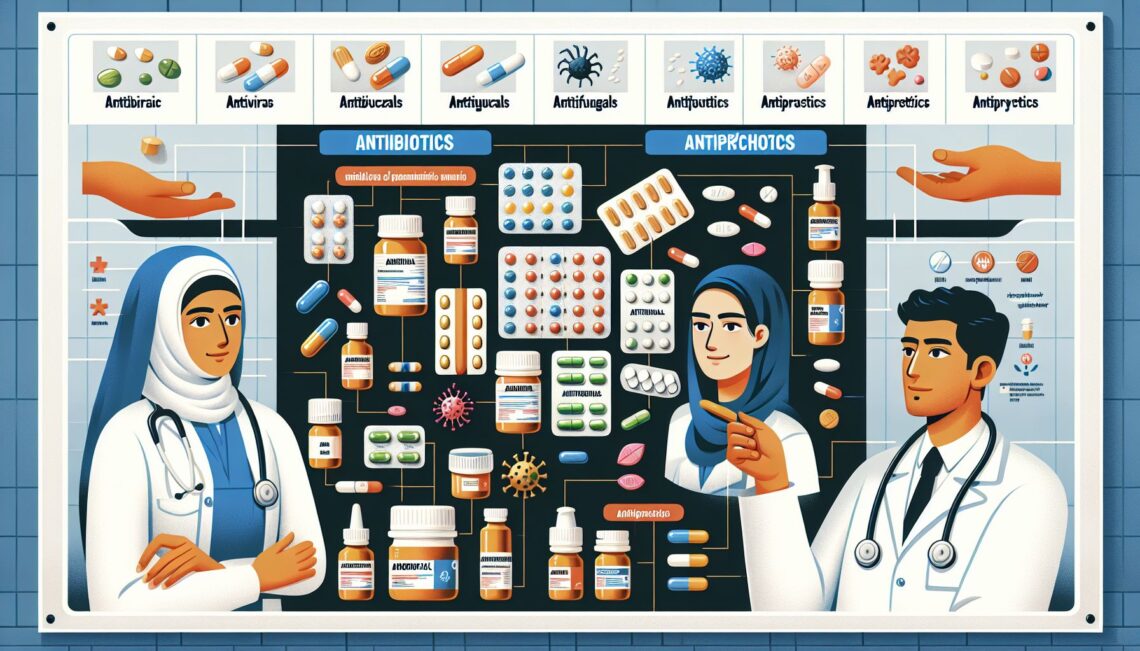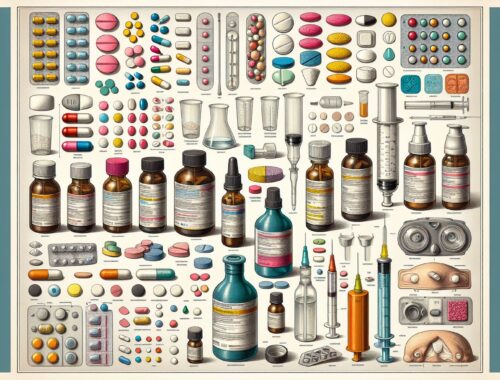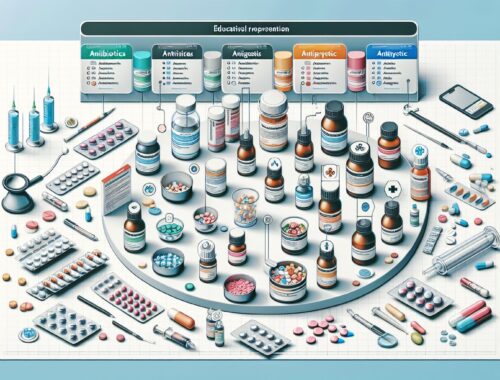
Understanding the Different Types of Medicines
Modern medicine has come a long way in improving people’s health and quality of life. From treating minor ailments to curing life-threatening diseases, medications play a vital role in our well-being. There are various types of medicines available today, each with its specific purpose and mode of action. In this article, we will delve into the different categories of medications and gain a deeper understanding of how they work.
Introduction to Medicines
Medicines are substances or compounds that are designed to prevent, cure, or alleviate symptoms of illnesses. They can be derived from natural sources like plants or synthesized in laboratories to mimic specific molecules found in our bodies. Medicines work by targeting specific biological mechanisms, such as blocking an enzyme’s activity or binding to a receptor to modulate cellular responses.
Over-the-counter (OTC) Medicines
Over-the-counter medicines are those that can be purchased without a prescription. These medications are usually used to provide relief from common ailments such as headaches, minor aches and pains, coughs, colds, allergies, and heartburn. OTC medicines are regulated to ensure their safety and efficacy. It’s important to carefully read and follow the instructions, as well as consult a healthcare professional when needed.
Prescription Medicines
Prescription medicines, on the other hand, require a healthcare professional’s authorization. These medications are specifically tailored to treat more complex health conditions that require a more targeted approach. Prescription medicines can include antibiotics for bacterial infections, antihypertensives for high blood pressure, or chemotherapy drugs for cancer treatment. These medications often have potential side effects and should be taken under the supervision of a healthcare professional.
Generic Medicines
Generic medicines are the affordable alternative to brand-name medications. Once a patent for a specific drug expires, other pharmaceutical companies can produce and sell the same medication with the same active ingredients. They undergo rigorous tests and must meet the same safety and quality standards as the original brand. Generic medicines offer a cost-effective option for those who may not be able to afford the brand-name version.
Herbal Medicines
Herbal medicines are derived from plants and have been used for centuries to treat various conditions. These medications are produced from plant extracts, leaves, stems, roots, or flowers. Herbal medicines are often available in various forms, including teas, capsules, powders, and creams. While some herbal medicines have proven efficacy and safety, it’s vital to consult with a healthcare professional, as they can interact with other medications or have adverse effects in certain circumstances.
Conclusion
Medications are a critical component of modern healthcare, providing relief and treatment for a wide range of conditions. Whether it’s over-the-counter remedies for a minor cold or prescription drugs for chronic illnesses, understanding the different types of medicines is vital for responsible and safe use. It is always important to follow instructions, consult a healthcare professional when necessary, and be aware of any potential interactions or side effects. By utilizing medicines wisely, we can manage our health effectively and enhance our overall well-being.

The Different Types of Medicines
You May Also Like

Understanding the Different Types of Medicines
April 1, 2024
Understanding the Different Types of Medicines
December 31, 2023
